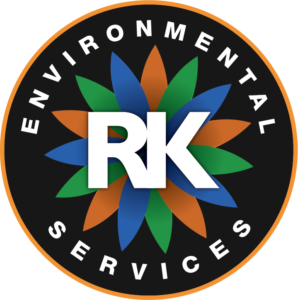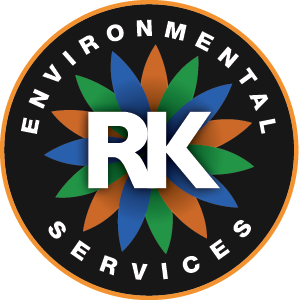We have all heard the news; salmonella found in ground beef served to school students; peanut butter taken off the shelves at the grocery store; fish tainted with mercury. This past summer my guacamole wasn’t quite spicy enough, although, my guests preferred it at the time. Jalapenos were one of several items removed from the shelves this past summer. It seems as though you can count on a recall of some sort several times a year! Consumer confidence in our food supply is lessoning and people are looking more closely for certifications or other reliable indicators.
This being said the government is listening. There is a bill, H.R. 2749, that has passed through the House and is on its way to the Senate. This bill will give the FDA more national regulatory powers over food providers and our food supply. The goal of this bill is to prevent food-borne illnesses and ensure food safety. At this time a recall is strictly voluntary. If this bill is passed the FDA can mandate a recall, trace the origin of the product and require all facilities to have food safety plans in place in order to mitigate hazards. To be more proactive The FDA would also implement increased inspections of food processing plants. Annual registration fees of $500 would be imposed on all facilities holding, processing, or manufacturing food and require that such facilities also engaged in the transport or packing of food maintain pedigrees of the origin and previous distribution history of the food. H.R. 2749is an enhancement to H.R. 759 and to a lesser extent, H.R. 857 previously proposed food safety bills in the 111th Congress
The FDA mandatory recall is a huge step in improving our safety. Today, if there is a food safety outbreak, the recall of the contaminated item(s) is voluntary. This could have disastrous results as many consumers are never aware of product contamination until it’s too late. While the food supplier is contemplating to recall a food just imagine how many people are buying and eating the item in question unaware of risks. The longer the item is out there the greater the chance that the people may consume contaminated products and become ill.
The rate of inspections the FDA conducts on a food facility today is about once every decade. Once every 10 years! Think about the conditions that can develop. What about consistency and upkeep of good systems and procedures? Let’s face it; with unannounced government inspections / audits food processors will be more likely to maintain high food safety standards. The new bill will require the FDA to conduct these inspections annually for high-risk food facilities, every 18 months to three years for low risk food facilities, and every three to four years for warehouses.
In many cases the idea of implementing more regulations, procedures and checks and balances are not always welcomed with open arms. However, after 9/11 the government initiated a regulation requiring all food processors to ‘register’ and receive a ‘food security identification’ number. All food processors and distributors had to register and this was understood that it would be for everyone’s long-term benefit. I think this will be much the same where the big food processors will comply without reservation and understand the need. The smaller food processors will not be as quick as many of them are unaware of regulations and will not appreciate the $500 registration fee. The mom and pops who are working in local farms selling milk products and produce will struggle with this a bit. Their local representative gives them a voice. I would encourage them to ask for lower registration fees while the larger food processors pay a little more. Such a fee should be based on volume.
This bill passed the House in July. What is going to hold up this bill is the backup in congress and money. Congress controls the FDA’s budget. The companies who do not want increased regulation lobby Congress. Then there is the cost of conducting more frequent inspections. The reason for the $500 registration fee was to help offset the increase in costs. It was originally proposed to be $1000. Either way, it would not be enough to cover this cost so Congress will need to appropriate more money to the budget. In addition to funding the bill, the government has a lot on its plate, from health care, to unemployment. The Senate is sitting on 290 bills: healthcare reform; climate change; food safety; financial aid for the U.S. Postal Service; a job security act for wounded veterans; a Civil War battlefield preservation act; vision care for children; the naming of a federal courthouse in Iowa after former Rep. Jim Leach (R-Iowa); a National Historic Park named for President Jimmy Carter; a bill to improve absentee ballot voting; a bill to improve cyber security; and the Wall Street Reform and Consumer Protection Act, to name a few. We need to wait as they digest it all. Hopefully, there won’t be too much heartburn.
Should we see H.R. 2749 pass the Senate and be approved by the President the primary result will be a higher standard for our industry. The bill will give us an opportunity to become more proactive. There would be more systems and standards in place resulting in more accountability and traceability. There won’t be the fear that contaminated food will be sold knowingly to the public. The need for consultants to ensure the implementation of these high quality standards and systems for the food manufacturing and distribution facilities would grow.
RK Environmental Services has an awareness of the dynamics that can affect a food safety program. We know about production needs, employee training and costs associated with implementing and maintaining high food safety standards, effective sanitation, maintenance programs and pest management services! We will be keeping watch over this bill. If you have a chance to provide your support for it, please do so by logging on at http://www.opencongress.org/bill/111-h2749/show and cast your vote.






